Sport and peace
“Sport to build peace, tear down barriers and improve young people’s lives across the world” is the mission of the Laureus World Sports Academy, the world’s only organization with more than 60 living legends of sports who inspired millions of athletes of all ages and nationalities. The same sporting icons are world ambassadors of Laureus Sport for Good Foundation that supports over 100 projects and sports initiatives in 35 countries worldwide, including Israel and Palestine. A delegation from Laureus Sport for Good, led by Jens Thiemer, Mercedes Benz’s vice-President and project manager of “Laureus Sport for Good Middle East”, will be in Tel Aviv and Jerusalem to promote two projects: one with the “Peres Center for Peace” and the other with “Laureus Sport for Good Middle East“

“Sport to build peace, tear down barriers and improve young people’s lives across the world”,
namely, transforming battlefields and conflicts into playfields. It’s the goal of the Laureus World Sports Academy, the only organization in the world with over 60 living legends of sports who inspired millions of athletes of all ages and nationalities. Among them figure Italian athletes Alessandro del Piero, Alberto Tomba and Giacomo Agostini, along with Ruud Gullit, Boris Becker, Katarina Witt, Cathy Freeman, Sebastian Coe, Monica Seles, Marvin Hagler, Lennox Lewis and Edwin Moses. Their commitment earned them the title of international ambassadors of Laureus Sport for Good Foundation that supports 100 projects and sports events in 35 world countries with the aim of tackling serious social phenomena such as juvenile crime, gangs, gun violence, spread of HIV / AIDS, discrimination and social exclusion, and to raise awareness on antipersonnel landmines and health issues, such as obesity. Since the year 2000, Laureus Sport for Good has raised over 100 million Euros to fund the mission. Involved countries include Israel and Palestine, marked by a decades-long conflict, where the Foundation supports two projects, one with the “Peres Center for Peace”, founded in 1996 by Shimon Peres, Nobel Peace Prize and President of the State of Israel from 2007 to 2014, and the other with “Laureus Sport for Good Middle East”, a sports association that promotes peace and friendship through basketball. Laureus Sport for Good is the promoter of the visit of a group of international journalists to Jerusalem and Tel Aviv (from December 4 to 6) that will make them experience the situation – that “doesn’t always attract media attention” – at close quarters. In view of the trip, SIR, which will be part of this international delegation, met the Chairman of Laureus World Sports Academy, Sean Brian Thomas Fitzpatrick, from New Zealand, regarded as one of the world’s finest rugby players in the team of Auckland, Auckland Blues, and world champion in 1987 with the All Blacks.
Mr. Fitzpatrick, what is the good goal of Laureus Academy’s sport initiatives?
South African President Nelson Mandela was the first Patron of Laureus. At the inaugural Laureus World Sports Awards (an annual award ceremony honouring individuals from the world of sports along with sporting achievements throughout the year ed.’s note) in 2000, he said:
Sport has the power to change the world
“It has the power to inspire. It has the power to unite people in a way that little else does. It speaks to youth in a language they understand. Sport can create hope where once there was only despair.” On that occasion, the South-African President urged us to go out and do something good. The Laureus Academy was thus created with 30 members. We are now more than 60. As a group, we are all passionate about the way in which sports can have a positive influence across society. We visit many Laureus programs around the world, raising awareness on and drawing attention to the problems young people are faced with today.
How many programs do you support and how do you invest in young people?
Our mission is to use sport as a tool to put an end to violence, discrimination and disadvantage.
We currently support over 100 projects in 35 countries that have helped tens of thousands of children and young people over the years. We use sport as a magnet to encourage them to participate in our projects, where they can be trained and practice sport, and where our leaders can advise them in their lifelong choices, encouraging them to study and increasing their chances of finding a job.
In Uganda we launched a remarkable Aids / HIV awareness program and many more programs to combat gender inequality and improve the conditions of women and young girls across society.
What is the role of the members of the Laureus Academy? Do you think that for young people an athlete can provide a better example compared to other public figures?
Sport can offer excellent lessons on life, such as being a part of a team, respecting the rules, other players, referees, being committed to a given cause, accepting failure in the right way.
Sport has taught me to work hard, to be focused and resilient. I learned how to overcome challenges and not give up.
If you work hard and compete healthily you can achieve your goals. These are great lessons for life.
You will soon be visiting Tel Aviv and Jerusalem, an area of the world afflicted by a 50-year- long conflict between Israelis and Palestinians. How does Laureus Sport for Good achieve its goals in this complex area of the Middle East?
I firmly believe that if you can practice sports in a team, you can also live together. It’s the core message of the “Peres Center for Peace” and “Laureus Sport for Good Middle East” projects we support. These programs use sports like basketball to teach leadership and lifelong skills to Palestinian refugees and children and give them the opportunity to play with the children of the Israeli community. These two projects show that
Sport is one of the few things that can bridge the gap between communities.
Not always do these initiatives hit the news, but they’re a precious means to build trust at grassroots level and help the peace process.